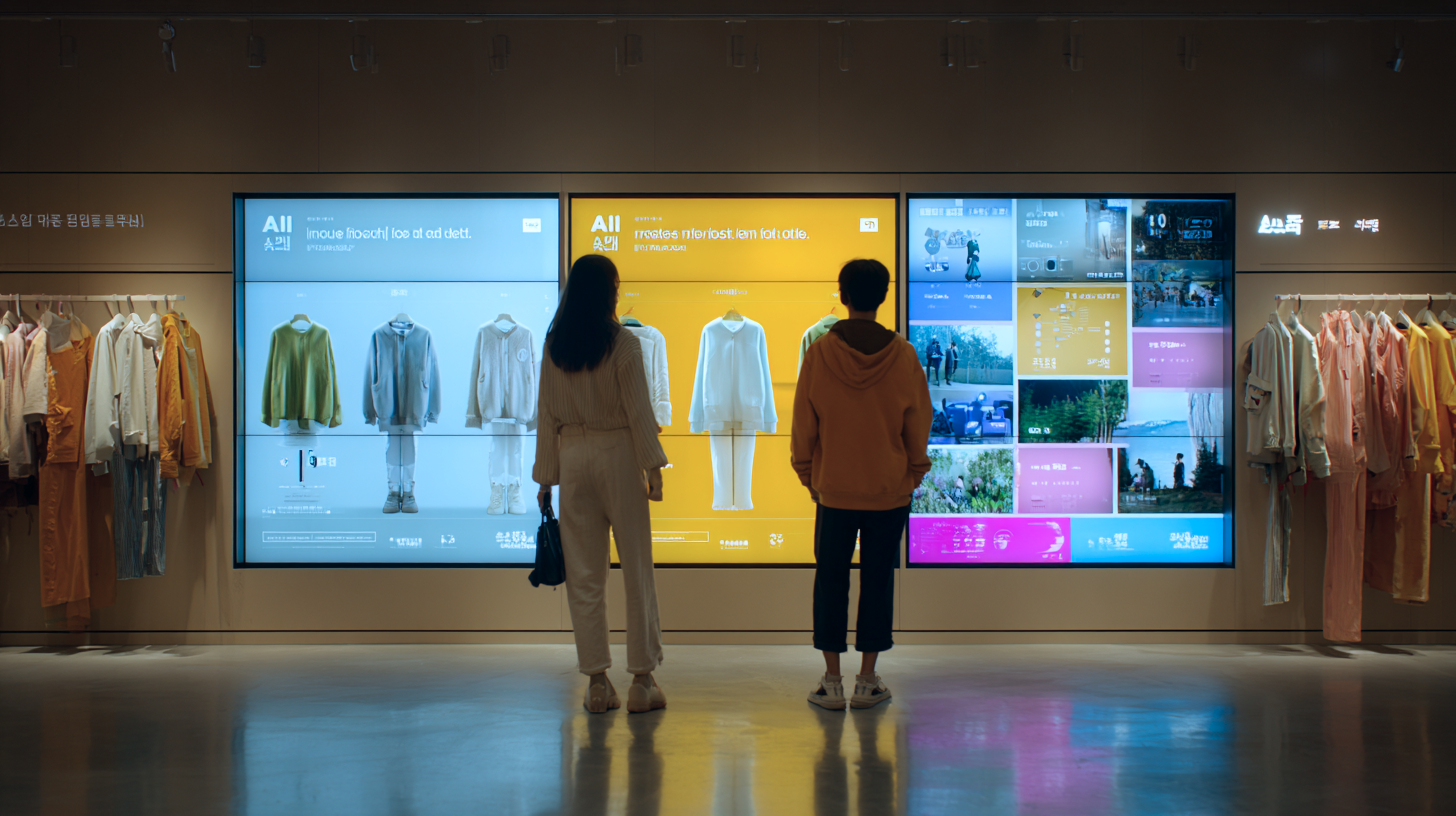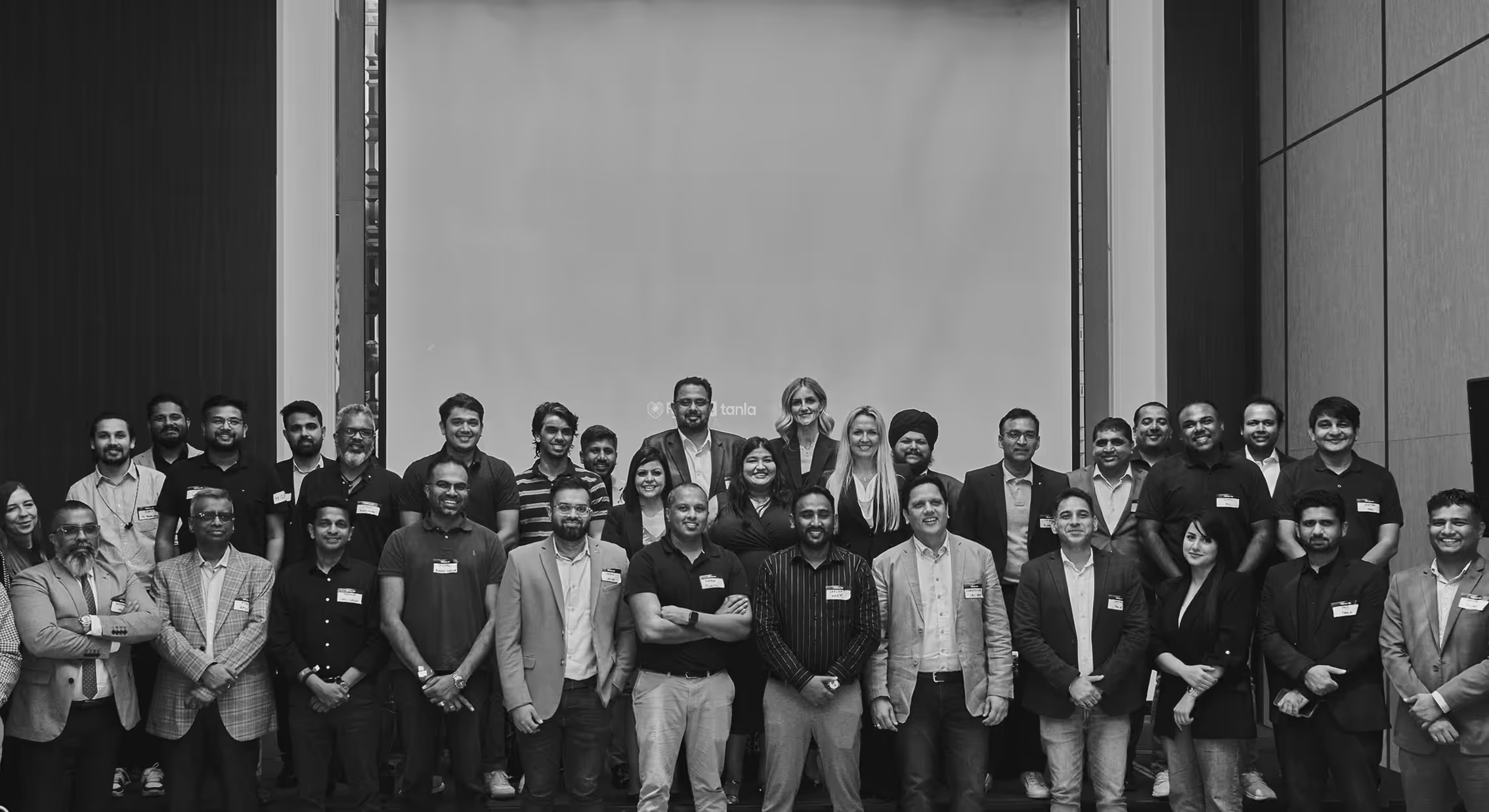The human algorithm: Why the future of retail leadership isn’t data, it’s decency

The human algorithm: Why the future of retail leadership isn’t data, it’s decency
For all the obsession with speed, scale, and systems in retail today, a quieter, more powerful shift is happening beneath the surface, led by a new kind of voice. One that doesn’t shout disruption, but instead, speaks of dignity.
In a recent conversation that cut through the usual noise, Sabahatt Habib of The Giving Movement laid bare a radical yet refreshingly grounded idea: Leadership starts with being a good human.
That shouldn’t feel revolutionary. And yet, in boardrooms obsessed with ROI, dashboards, and hyper growth, it is.
Redefining leadership in a blurred world
We live in a time when the boundaries between home and work have all but disappeared. Employees don’t compartmentalize their struggles, and neither should leaders.
The most effective leadership today isn’t about performance reviews or polished strategies. It’s about emotional fluency. Sabahatt said it best: “We’re not human doings. We’re human beings.”
That lens shifts everything. From how companies handle conflict, to how they deliver hard feedback, to how they design organizational culture. It’s no longer enough to know your team’s KPIs, you should probably know their kids’ names too.
Purpose isn’t a tagline. It’s a tool.
At The Giving Movement, purpose is more than a campaign slogan. It’s stitched into the seams of every meeting, decision, and difficult moment. Whether it’s weighing up a new retail location, navigating cash flow constraints, or deciding whether to push back on discount culture, it all comes back to the “why.”
And that why isn’t decorative. It’s operational. It’s the compass leaders refer to when the numbers are messy, the margins are thin, and the pressure is high. It’s what keeps the soul of the brand intact while scaling at speed.
Habib’s advice? Repetition over ritual. Don’t hang values on the wall, build them into every conversation. “No one looks at the wall. They barely look out the window,” she joked. Purpose needs to be heard. Often.
Innovation that starts with empathy
In an industry chasing the next big thing, the most important innovation may actually be the oldest: compassion.
Even layoffs, often cold, impersonal, and reactive, can be handled with empathy, if leaders choose to. That’s the difference between culture as a brochure and culture as a lived experience.
Because at the end of the day, it’s not just about how you build. It’s about how you treat the people helping you build it.
The takeaway
Retail’s next chapter won’t be written by tech alone. It will be led by companies that understand what Sabahatt Habib models so clearly:
That kindness isn’t weakness. That purpose isn’t fluff. And that being a good human is not just a leadership trait, it’s the strategy.








